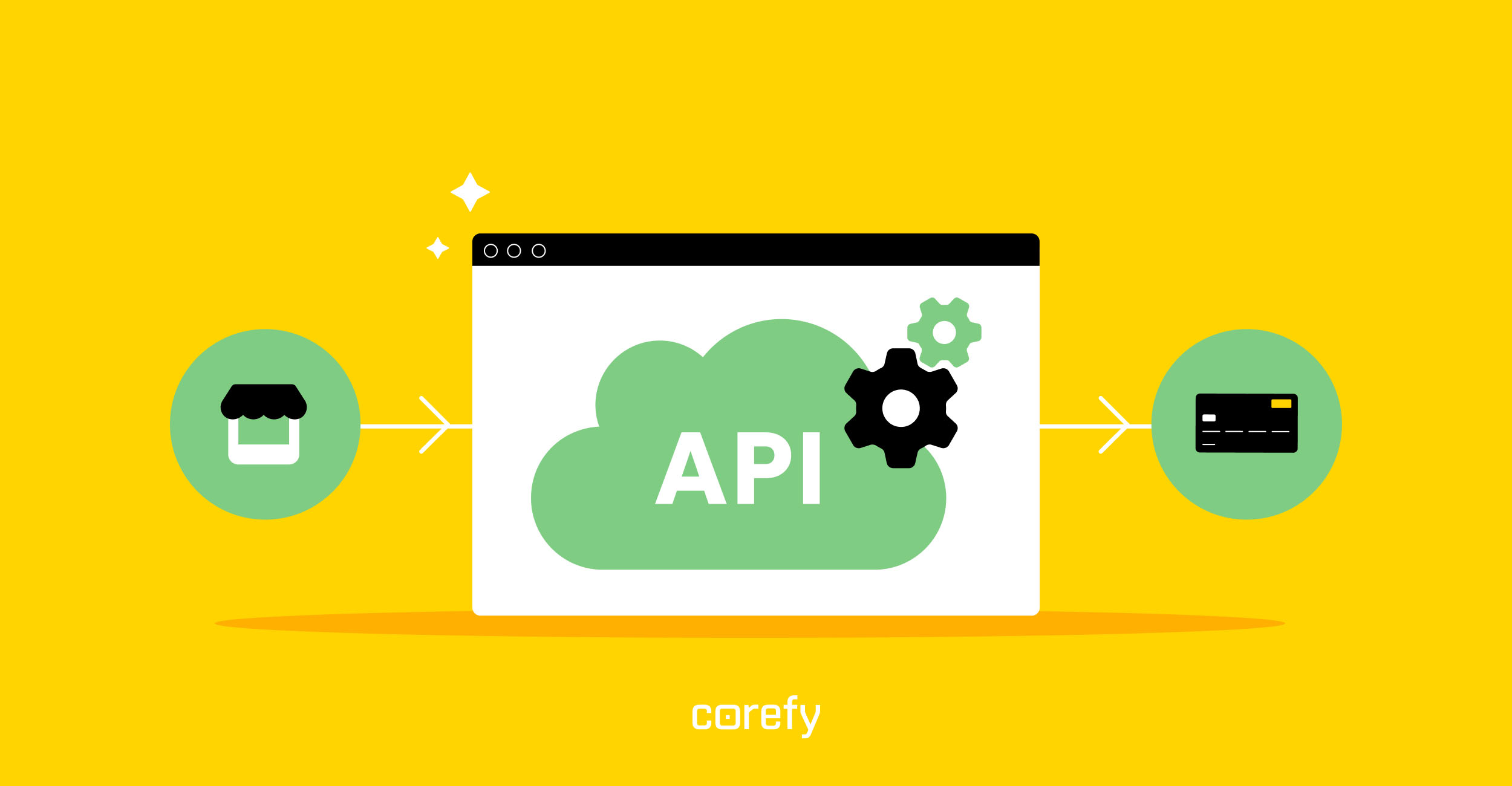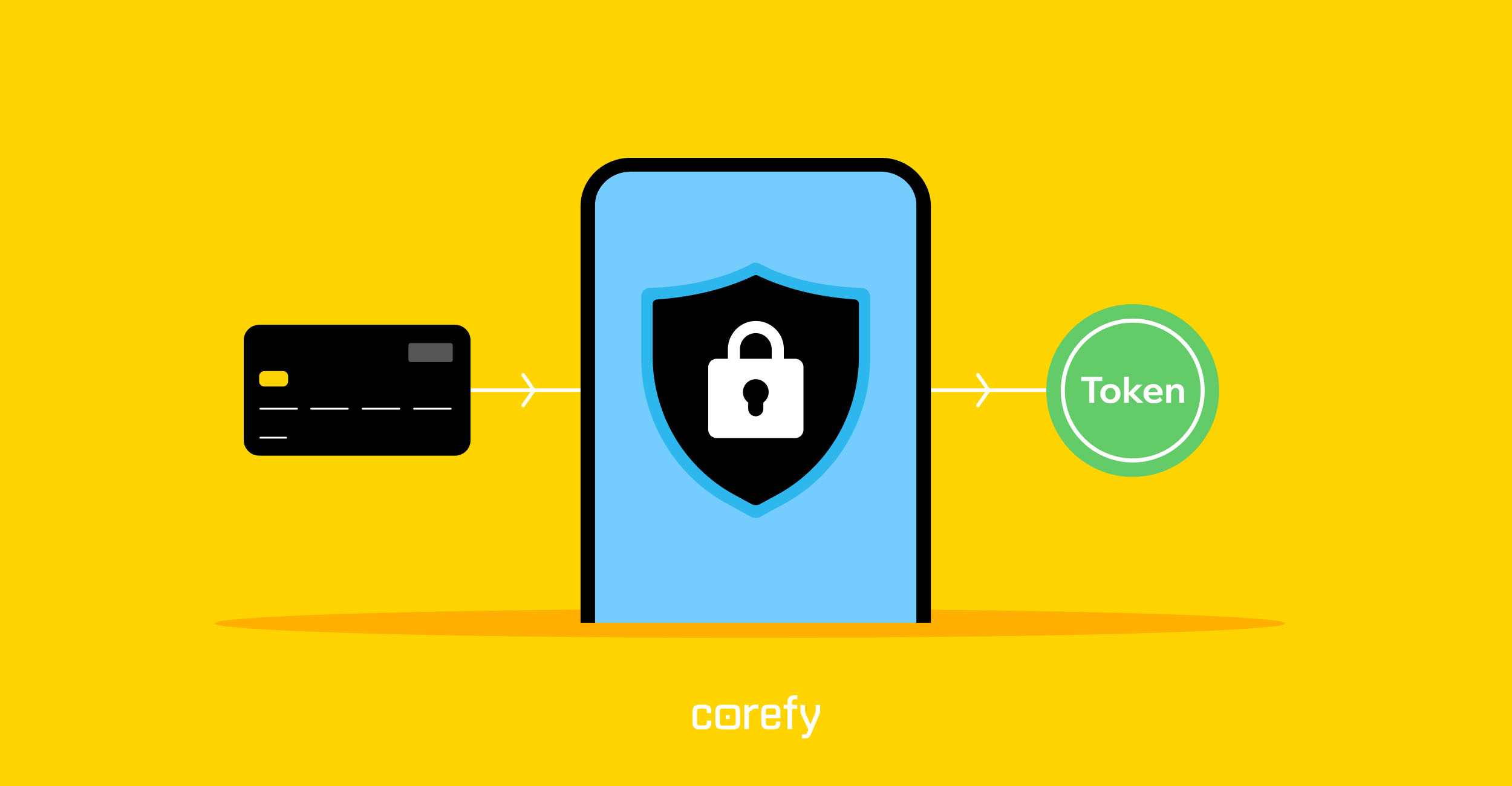Navigating the payment industry can be a daunting task for new merchants, as it involves complex concepts, bewildering jargon, and acronyms. Keeping up with them can be a real challenge, particularly when it comes to setting up card payment processing.
If you want to learn more about ISO and MSP, you’ve landed on the right page. Let’s get straight to the point.
What does ISO/MSP stand for?
The ISO/MSP definition is as follows:
Visa commonly uses the term ISOs to refer to their partners, while Mastercard association members typically prefer the acronym MSP. However, it is worth noting that these terms are often used interchangeably in the payment industry. If an organisation resells both Visa and Mastercard services, it can be called an ISO/MSP.
ISO/MSP functions and services
ISO/MSPs aren’t financial companies. They act as legal intermediaries between acquiring banks or payment service providers and merchants, helping the latter launch ISO card processing and accept customer payments.
Having partnerships with Credit Card Association member banks (but not being members themselves), ISO MSPs can find and onboard merchants, open MIDs for them, and set up POS terminals in physical stores. They're also entitled to provide other value-added merchant services such as risk protection, fraud monitoring, management tools, etc.
Thus, ISOs and MSPs act as intermediaries for payment services to small and large merchants, connecting acquirers, payment processors, and retailers in the e-commerce market to form long-term partnerships.
Is there any difference between ISO/MSP and PSP?
ISO credit card processors and PSPs are links in the same chain. However, if ISO/MSPs are focused on the sales process, payment service providers are directly involved in developing and integrating payment services and technologies.
Any company that is now a PSP may have started as an ISO MSP but has grown to provide more services by developing its own payment solutions, such as a payment gateway, fraud prevention tools, and API integrations. Each ISO/MSP may become a PSP in the future.
Getting started as an ISO/MSP: 5 main challenges
If all budding ISO/MSPs knew the challenges they might face along the way, they could make far fewer mistakes, saving time, money, and nerves. Of course, there’s no magic wand to eliminate all these issues, but a competent approach and a couple of tools can make things much easier.
Discover the primary payment challenges faced by ISOs/MSPs and the solutions we provide.
Challenge 1: Building a processing solution
ISOs and MSPs are not just sellers. There are plenty of functions they can perform:
- Opening merchant accounts
- Processing chargebacks
- Fraud monitoring
- Selling or leasing POS terminals
- Authorising and processing transactions
- Collecting and analysing payment data.
You'll need a robust technological infrastructure to provide value-added services to your merchants and stay competitive. But have you wondered how much time and resources it will take to build payment processing software? Seasoned industry players know that it will take at least three years. Add to this the huge costs for the development team and infrastructure maintenance.
Challenge 2: Hiring and maintaining an IT team
If you’re determined to develop and maintain your own processing anyway, you’ll have to enlist the support of a skilled development team. The people you hire will drive your business, covering technical issues, dealing with possible processing accidents, and upgrading the system to meet rapidly changing merchant needs.
It takes time to find, hire, and onboard employees, especially in the fintech industry, where specialists demand high salaries. This can be a challenge for some aspiring ISO MSPs.
Challenge 3: Registrations and audits
Each ISO MSP must register with credit card associations (Visa, Mastercard) to handle payment processing duties. This is a time-consuming and painstaking procedure, which includes a thorough examination of all the applicant’s documentation. Experts suggest allocating for no less than six months to become a registered ISO/MSP.
Challenge 4: Managing financial flows and risks
A processing solution alone is insufficient for your ISO or MSP to stay afloat. The more merchants you have on board, the more difficult it is to manage transaction flows and identify payment risks. It’s equally important to track the critical metrics of your business to understand where you are moving and whether you’re on the right track. Thus, lacking analytics and management tools here may cost you clients and your carefully-crafted reputation.
Challenge 5: Signing contracts with new partners and clients
The highly-competitive ISO/MSP environment makes them literally fight for every client. It’s extremely challenging for newcomers to get their first clients on board, especially without an impressive base of partner banks. No one knows how much time and effort you will have to spend to build a client base and start making a profit.
You’ve seen how rocky the ISO/MSP path can be. But the good news is that Corefy's white-label payment solution helps you overcome all the challenges and enhance your business efficiency.

How much does it cost to become an ISO?
The cost of becoming an official ISO/MSP varies depending on the business size and the services offered. The minimum cost is $10,000, covering both Visa and Mastercard applications. The fees include a $5,000 registration fee and an annual $2,500 fee per association. However, gaining an official reseller status can help ISO/MSP recover these expenses quickly due to the preference of merchants to partner with approved organisations sponsored by major card networks.
Additionally, you may need to invest in technology and equipment, such as payment terminals, to facilitate payment processing for your clients. You may also need to allocate resources for training, compliance, and marketing.
Is it worth a shot?
ISO/MSP can be a lucrative opportunity for those with a strong sales background and a drive to build their client network and cultivate relationships. As you'll typically earn a percentage of the transaction fees for each sale processed through your partnership, the more businesses you bring in, the more money you make.
However, the competition in the ISO/MSP space can be fierce, and it may be difficult to stand out in a crowded market. That’s why opting for a white label solution may be your trump card.
With Corefy’s white label platform for ISO/MSP, you’ll be able to:
- Focus on business development and customer relationships rather than technical issues.
- Outperform competitors by offering advanced payment processing.
- Accelerate your time-to-market with fast and easy payment provider integrations.
- Increase conversion and minimise risks with payment routing and cascading, which allows you to choose the most profitable path for each transaction and reduce processing fees.
- Scale your business by easily connecting with new clients and payment partners from our extensive network.
Becoming an ISO/MSP is not easy in today’s highly competitive environment, but given the huge demand for payment expertise, the benefits definitely outweigh the costs. If you’re determined to start your journey as an ISO/MSP or are looking to expand your existing business, try Corefy’s white label payment solution specially designed to boost ISO/MSPs performance.










.jpg)

.jpg)
